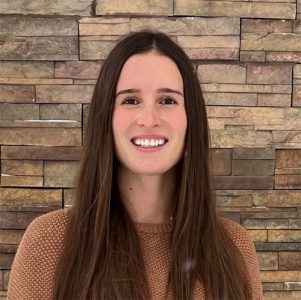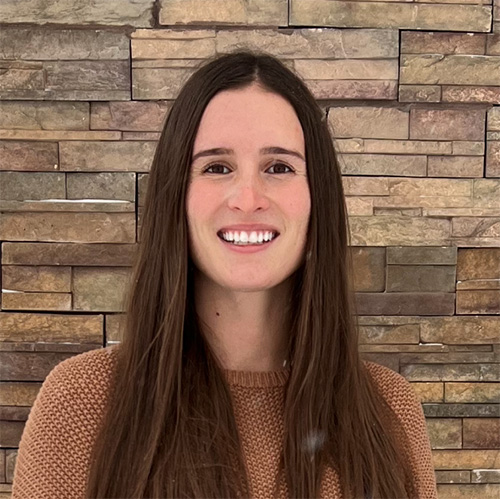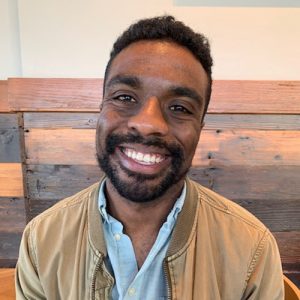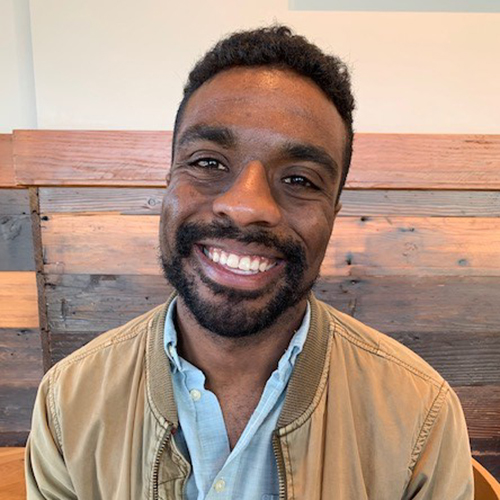Tuum Est!
Fall Graduation 2022
This fall, students graduate from a wide range of Faculty of Medicine programs, celebrate their achievements and look ahead to the next stage of their careers as physical therapists, speech-language pathologists and more.
Meet the Grads
Sara Norris
November 16, 2022
Hometown: Chetwynd, B.C.
Program: Master of Physical Therapy – North
What attracted you to your field?
I decided to pursue physical therapy because I strongly believe in the benefits of physical activity and have always had a passion for helping others. My interests and past experiences led me toward a profession that aligned with my values.
What is one piece of advice you have for students entering your program?
The program is a great opportunity to connect with other physiotherapists. Do not be afraid to build a strong professional network!
What is next for you?
After completing the UBC MPT-North program, I accepted a primary care physiotherapist position in my hometown of Chetwynd, B.C. My first few weeks involved orientation in Prince George prior to returning home to practice. I am excited to be the first public physiotherapist in Chetwynd and look forward to the opportunity!
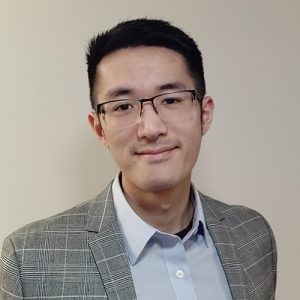
Population & Public Health
Alexander Tam
November 16, 2022
Hometown: Richmond, B.C.
Program: MSc in Population and Public Health
What attracted you to your field?
In the third year of my undergraduate degree in psychology at UBC, I developed an interest in economics. It’s a discipline that views human behaviour in a manner I found completely unintuitive — and fascinating. I began studying economic history and this was where I first learned of the deep interplay between population health and economic wellbeing. I also learned about health economics and found it blended both of my academic interests. I changed my degree to a major in psychology with a minor in economics that same year, and quickly began planning my path towards a graduate degree in health economics.
What is one piece of advice you have for students entering your program?
Find a routine that works for you, but forgive yourself if it falls through. I worked a regular nine-to-five schedule for two-and-a-half years before I started grad school. I found that a consistent work schedule gave me clear boundaries so I could do the other things I enjoy doing. When I started the program, I mimicked a nine-to-five schedule for school and studying. However, as the term progressed, I found I couldn’t adhere to it and I needed more time to decompress.
What did your research focus on?
My research focused on changes in employment status and their association with subsequent changes in body weight and waist circumference in middle-aged and older adults. In addition, I studied whether certain behavioural changes, such as sleep quality and quantity, explain the link between employment and body weight/waist circumference.
What is next for you?
I started a job as a research project manager at the Centre for Health Evaluation and Outcome Sciences shortly after I completed my graduate degree. My time in the role is currently split between project management and research duties. It has been exciting to support and lead projects that relate to both health economics and population health.
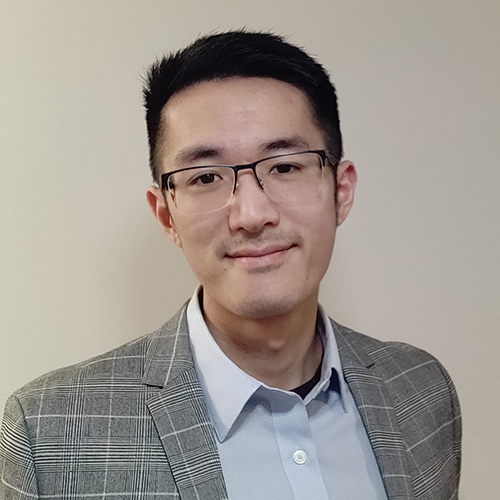
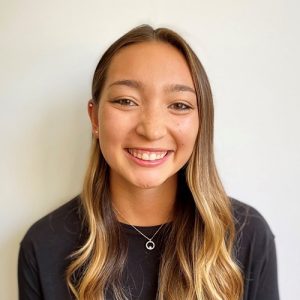
Maddison (Maddi) Chow
November 16, 2022
Hometown: South Surrey, B.C.
Program: Experimental Medicine
What attracted you to your field?
I have always been very passionate about lifelong learning. As a student with Indigenous ancestry, it has been challenging to incorporate traditional ways of knowing within academia. Completing a Master’s degree in Experimental Medicine allowed me to continue growing academically while also strengthening connections to my Indigenous ancestry. I was very fortunate to have Dr. Darren Warburton as my supervisor. His expertise and unconditional support were instrumental to my success in the program.
What is one piece of advice you have for students entering your program?
Experimental Medicine is a very broad and diverse program. Every student will have a unique experience. Therefore, when talking about research progress with other students within the program, it can be overwhelming. My advice would be to maintain an open mind and take one thing at a time. In addition, it is important that you take time for yourself (spiritually, mentally, emotionally, and physically) and have a strong support system to help you through the challenges and successes.
What did your research focus on?
My research explored the connections to wholistic health and wellness of Indigenous peoples living in rural and remote communities in Canada. Indigenous Elders and Knowledge Keepers from all over Canada played key roles in co-creating the frameworks used in this research. This research highlighted the innate strengths and aspirations of Indigenous peoples in order to support future endeavours surrounding the co-creation of wholistic health and wellness programs and initiatives for rural and remote Indigenous communities.
What is next for you?
Immediately after graduating, I will be doing some long overdue travelling with my family and friends. I will continue to be the head coach for the Vancouver Special Olympics swim team. In the new year, I will be applying for a Master’s degree in Physical Therapy at UBC. I hope to one day be a physiotherapist for children with special needs.
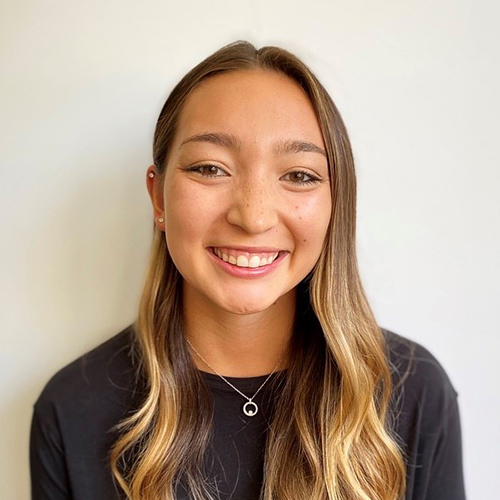
Urian D’Silva
November 16, 2022
Hometown: Los Angeles, CA
Program: Master of Occupational Therapy
What attracted you to your field?
Occupational therapy is so versatile and nuanced and holistic. Occupational therapists have the amazing superpower of assessing a patient and figuring out how best to support them so they can participate in the activities they care about the most.
What is one piece of advice you have for students entering your program?
Look to your classmates and your professors. They will be your North Star, leading you towards success and to becoming the best occupational therapist (OT) you can be.
What is next for you?
I am currently working as a community OT with LiNK Rehab in Burnaby. In the future I plan on doing more for my community by starting programs aimed at underprivileged youth to help them access the sports and activities they are interested in.
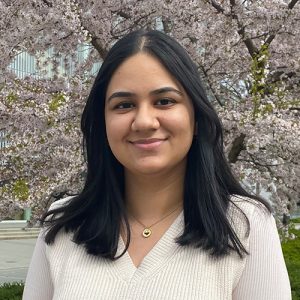
Speech-Language Pathology
Gavina Sian
November 16, 2022
Hometown: Vancouver, B.C.
Program: Master of Science, Speech-Language Pathology
What attracted you to your field?
During my undergraduate degree in Speech Sciences, I learned about Speech-Language Pathology as a career option. After shadowing other speech language pathologists and volunteering in the field, I quickly realized that this field combined everything I was looking for in a career. It allows me to work in a large variety of settings with both children and adults, provide care for a diverse range of people with different cultural backgrounds, and explore the many ways in which people communicate.
What is one piece of advice you have for students entering your program?
The program can become quite intensive at times and goes by quickly. It’s important to maintain a good school-life balance! Take in as many learning opportunities as you can, while also leaving time for self-care.
What is next for you?
I am currently working at Nurture Society for Learning and Development in Vancouver. I am fortunate to work on an interdisciplinary team, providing family-centered, evidence-based care to children with developmental differences. I am excited to apply what I’ve learned at UBC and through my clinical practicums, to remove the barriers to communication that children might face and improve their quality of life.
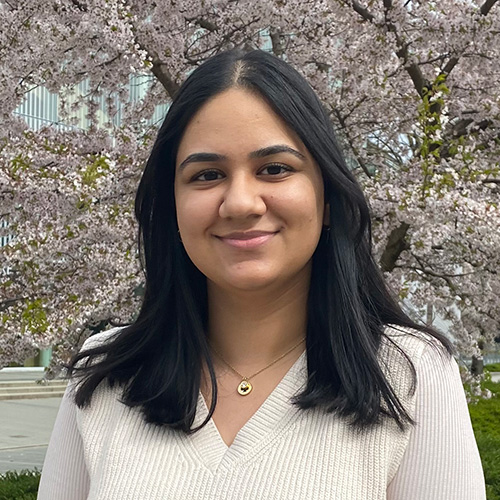
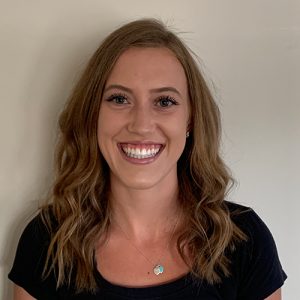
Lauren Watson
November 16, 2022
Hometown: Calgary, AB
Program: Master of Science in Audiology
What attracted you to your field?
I was fortunate to be exposed to the field of audiology early on because my mom is an audiologist. Her passion for connecting with patients and providing communication access inspired me to follow a similar path. I gravitated to the field because it provides an incredible opportunity to work directly with families in my community. Audiology aligns closely with my values because I am passionate about providing access to meaningful communication across the lifespan. Being able to connect with patients and families and to support them in their daily communication is one of the most meaningful aspects of audiology.
What is one piece of advice you have for students entering your program?
I would encourage incoming students to embrace the learning opportunities that come from making mistakes, asking questions, and being unsure during your coursework and clinical placements. It’s important to remember these moments may feel uncomfortable but are great opportunities for growth. As a new clinician you’ll learn so much from interacting with the patients and families you see each day. I would encourage students to connect with your clinical educators, faculty members, and peers because their expertise and experiences are a valuable source of knowledge and support.
What’s next for you?
After graduation I am moving back to my hometown to work as a pediatric audiologist – providing hearing health services to infants, children, and families. I’m so excited to be working with a collaborative team providing family-centered hearing care. As a new clinician, I’m hoping to continue to expand my clinical knowledge and experience with the support of my mentors, colleagues, and peers.
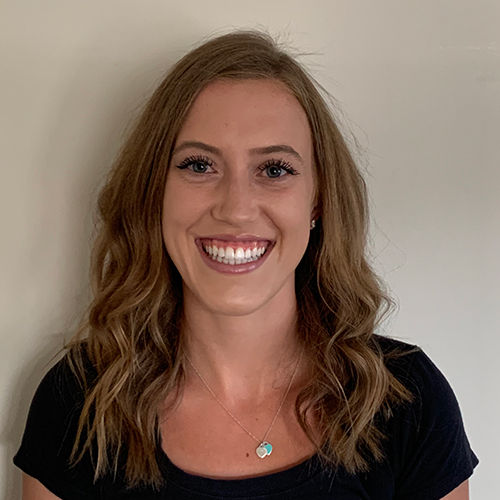
Spotlight
UBC students create new occupational therapy role supporting children
The students developed an occupational therapy position at Alderwood Family Development Centre.
Read more
Published: November 23, 2022
